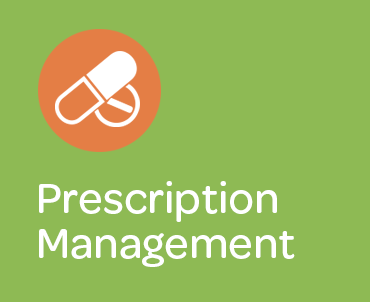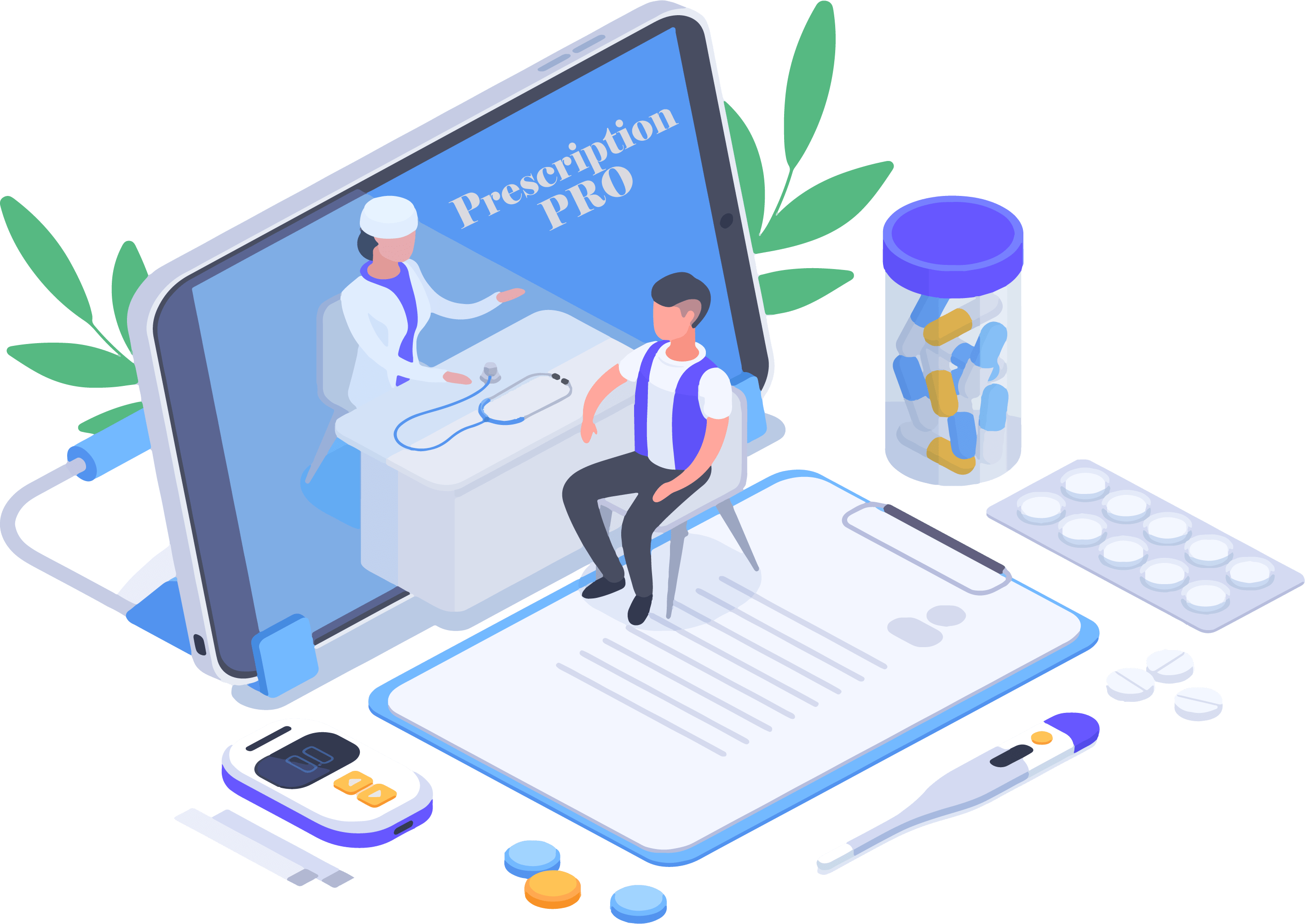1. Electronic Prescribing (e-Prescribing)
- Streamlined Workflow: Healthcare providers can electronically transmit prescriptions to pharmacies, eliminating paper-based processes and reducing errors associated with illegible handwriting.
- Integration with EHR: Seamless integration with electronic health records (EHR) allows healthcare providers to access patient medical histories and allergy information, ensuring safe prescribing practices.
2.
Clinical Decision Support- Drug Interaction Checking: Real-time alerts and notifications warn healthcare providers about potential drug interactions or allergies based on patient profiles and medication history.
- Guidelines and Formulary Compliance: Automated prompts assist healthcare providers in adhering to clinical guidelines and formulary restrictions when prescribing medications.
3.
Patient Medication Education- Patient Information Sheets: Automated generation of patient information sheets provides comprehensive details about prescribed medications, including usage instructions, potential side effects, and precautions.
- Patient Counseling: Pharmacists and healthcare providers can offer personalized counseling to patients, addressing concerns and ensuring medication adherence.
4.
Medication History and Monitoring- Medication Reconciliation: Comprehensive medication history review helps healthcare providers reconcile current prescriptions with past medications to avoid duplication or adverse effects.
- Adherence Monitoring: Automated reminders and follow-up alerts encourage patients to adhere to prescribed medication regimens, improving treatment outcomes.
5.
Inventory Management- Stock Control: Pharmacy staff can track medication inventory levels in real-time, ensuring availability of prescribed medications and minimizing stockouts.
- Expiration Alerts: Automated alerts notify staff about expiring medications, facilitating timely inventory management and minimizing waste.
6.
Prescription Analytics and Reporting- Performance Metrics: Generate reports on prescription volumes, medication adherence rates, and patient outcomes to evaluate prescribing practices and identify areas for improvement.
- Data-Driven Insights: Utilize analytics to assess prescribing patterns, monitor drug utilization trends, and optimize medication management protocols.
7.
Telehealth Integration- Virtual Prescribing: Telehealth platforms enable healthcare providers to electronically prescribe medications during remote consultations, expanding access to care for patients in underserved areas.
- Electronic Transmission: Transmit prescriptions securely to pharmacies through telehealth platforms, ensuring timely access to medications without physical visits.
8.
Compliance and Regulatory Standards- Security Protocols: Implement secure data encryption and authentication measures to protect patient information and comply with healthcare regulations (e.g., HIPAA).
- Audit Trails: Maintain audit trails of prescription activities and communications to support compliance efforts and regulatory audits.
9.
Patient Safety and Quality Improvement- Error Reduction: Minimize medication errors and adverse drug events through electronic prescribing and clinical decision support tools.
- Quality Assurance: Implement continuous quality improvement initiatives based on prescription management data and patient feedback to enhance patient safety and care quality.
10.
Interoperability and Collaboration- Health Information Exchange: Facilitate interoperability between healthcare systems and pharmacies, enabling seamless exchange of prescription information and improving care coordination.
- Multidisciplinary Collaboration: Foster collaboration among healthcare providers, pharmacists, and patients to ensure comprehensive medication management and patient-centered care.
Effective prescription management systems empower healthcare providers to deliver safe, efficient, and patient-centered care while optimizing operational workflows and regulatory compliance. By leveraging technology and integrating best practices in prescription management, healthcare organizations can enhance medication safety, improve treatment outcomes, and elevate the overall quality of patient care delivery.

